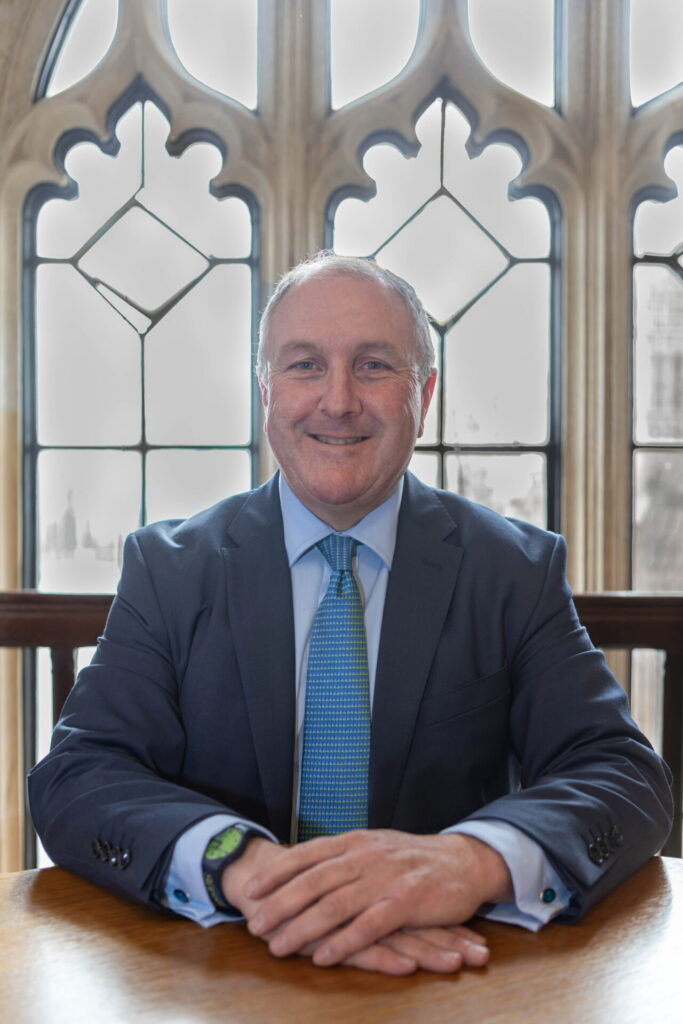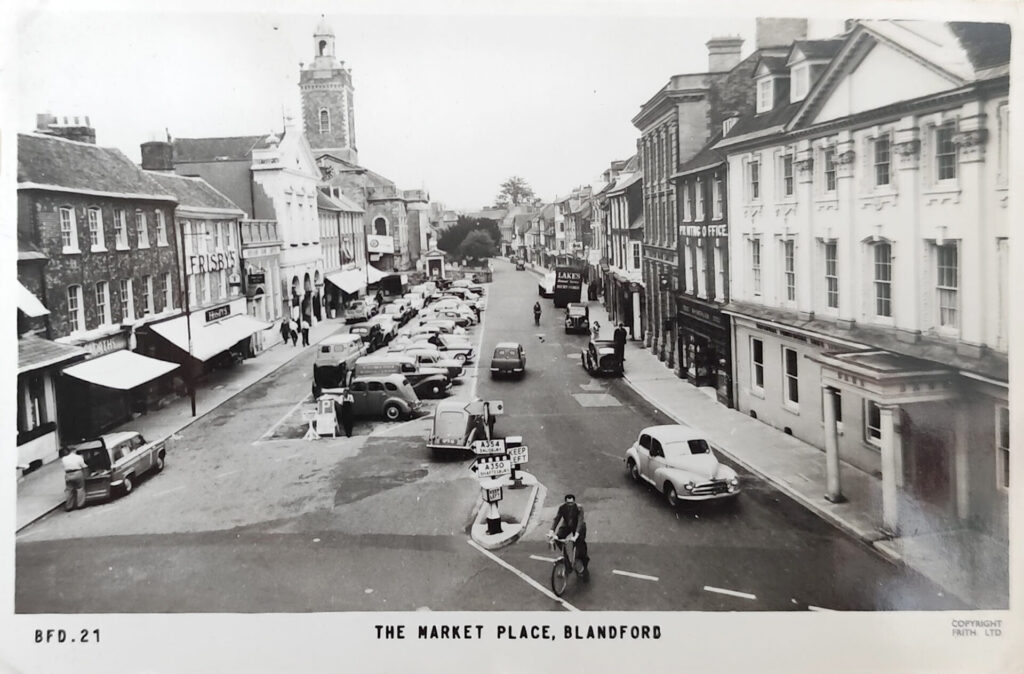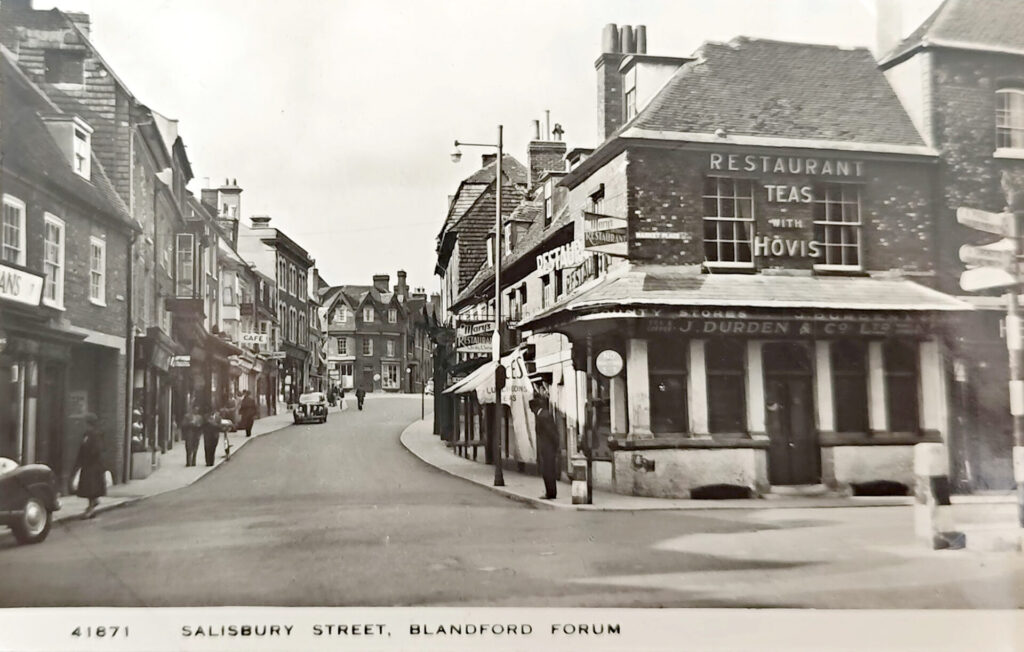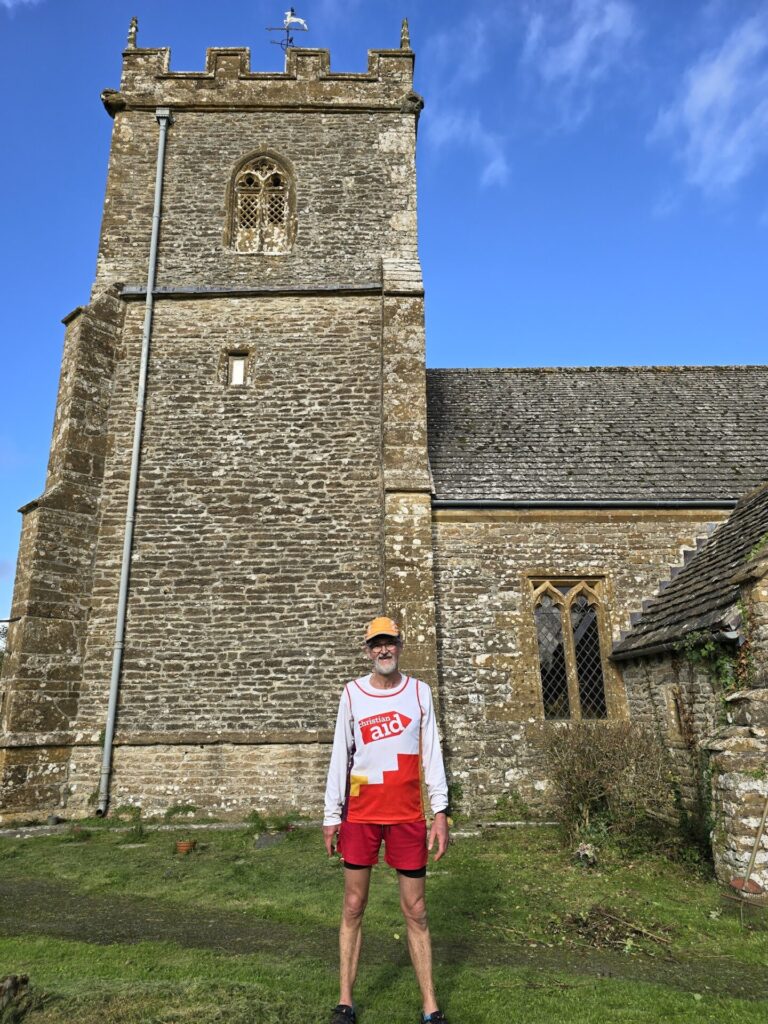Labour’s lack of preparation and tax-heavy approach risk undermining small businesses and rural economies, warns Simon Hoare MP

After the General Election, I said that, in the interests of North Dorset and the wider country, I wished the incoming government well. I meant it. I am working collaboratively with ministers on certain issues and working ‘across the aisle’ on others. I am, however, becoming increasingly worried that the Government, despite its mammoth majority, appears to be so hesitant on some issues and plain ill-informed on others. My worries only grew when speaking to a Labour veteran, who told me how anxious many were on the government benches at just how underprepared they were for government. Labour’s victory was not a surprise one. We have to ask what they have been doing, for all those long years in opposition?
Preparing detailed, radical, dial-turning policy has not been done. Opinion Polls seem to suggest a growing disquiet with the Government. Local government by-elections – where Labour is losing ground – is turning theoretical polls into actual votes. Labour’s honeymoon lasted about as long as a Las Vegas shotgun marriage.
Dorset’s life blood
I write this on the cusp of the Budget, and it is worrying that the PM cannot define what a working person is – or indeed how the tax system should operate for them.
My anxiety is that Labour feel they can hike as many taxes as possible on business, and that those businesses will simply hang around and pay them: threats to end the 25 per cent tax free on personal pensions has already seen massive numbers of pensions being drawn down early.
Labour clearly still does not get small business.
Micro and small businesses are the life blood of the North Dorset economy and the Chancellor has them firmly in her sights. She appears to be unaware of how job-destroying her policies will be to this vital sector. She may have buttered up the CBI, but she has ignored the Federation of Small Business. Labour’s rural ignorance will become apparent if the Government changes the decades-standing approach to farm taxes. Too many small family farms will disappear under the weight of tax bills. This will change, for ever, and not for the better, the environment of rural North Dorset. Business confidence is falling just when it needs a shot in the arm.
People did not like paying increased tax under the last government but they understood it was because of the public spending undertaken during Covid. No one is buying this £22bn black hole fantasy that Labour has dreamt up. Still less are they buying that the economy was broken. Falling interest rates? Falling inflation? Rising business confidence and investment? No house repossessions or at scale business failures … If that is broken then it is a strange definition of the word.
Rub their noses in it
We all want a reliable public sector but Labour’s lack of understanding that you can only fund it sustainably through the endeavours of the private sector, through entrepreneurs, investors and risk takers who create the profits and jobs that generate the tax that pays for public services. Exempting public sector bosses, while crippling private sector ones, merely rubs the private sector’s nose in it.
What my inbox is telling me, and those of most MPs irrespective of party, is that people are furious at having been lied to at the General Election by Labour: “We will be pure and whiter than white until the offers of Taylor Swift tickets, suits, glasses and God knows what come along …”
One thing the British people hate is hypocrisy.
They would know there would be rising taxes within three months of forming a government, so why lie about it during the election campaign? The self-styled Iron Chancellor is already looking somewhat rusty. I am not certain she will pass her MOT.




















